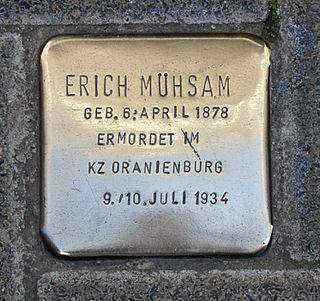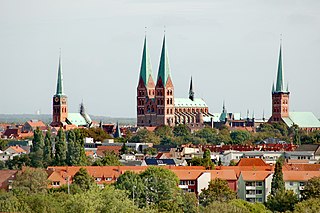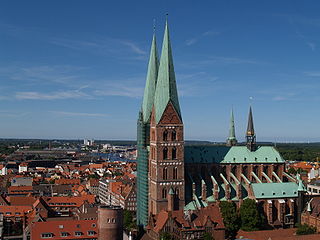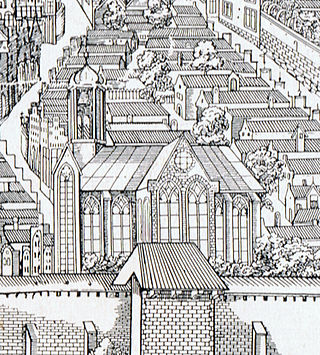Self-guided Sightseeing Tour #2 in Lübeck, Germany
Legend
Guided Free Walking Tours
Book free guided walking tours in Lübeck.
Guided Sightseeing Tours
Book guided sightseeing tours and activities in Lübeck.
Tour Facts
1.2 km
35 m
Experience Lübeck in Germany in a whole new way with our free self-guided sightseeing tour. This site not only offers you practical information and insider tips, but also a rich variety of activities and sights you shouldn't miss. Whether you love art and culture, want to explore historical sites or simply want to experience the vibrant atmosphere of a lively city - you'll find everything you need for your personal adventure here.
Individual Sights in LübeckSight 1: Daniel Salomon
The list of stumbling blocks in Lübeck gives an overview of the stumbling blocks laid by the artist Gunter Demnig in the city of Lübeck. The basis of this list is the data provided by the Stumbling Stones initiative for Lübeck.
Sight 2: Lübeck
Lübeck, officially the Hanseatic City of Lübeck, is a city in Northern Germany. With around 220,000 inhabitants, it is the second-largest city on the German Baltic coast and the second-largest city in the state of Schleswig-Holstein, after its capital of Kiel. It is the 36th-largest city in Germany.
Sight 3: Marienwerkhaus
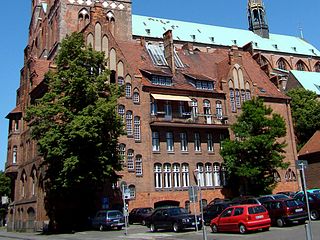
The Marienwerkhaus is a building in Lübeck's old town. Today it serves as the parish hall of the Mariengemeinde.
Sight 4: Kriegerdenkmal
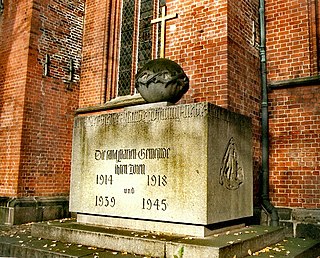
The war memorial of the St. Mary's parish in Lübeck was inaugurated on the Sunday of the Dead in 1929 in memory of those who died in the First World War.
Sight 5: St. Mary's Church
The Lübeck Marienkirche is a medieval basilica in the city centre of Lübeck, Germany. Built between 1265 and 1352, the church is located on the highest point of Lübeck's old town island within the Hanseatic merchants' quarter, which extends uphill from the warehouses on the River Trave to the church. As the main parish church of the citizens and the city council of Lübeck, it was built close to the town hall and the market.
Sight 6: Der Teufel
Sculptures and objects in Lübeck lists panorama-free sculptures and objects in the city of Lübeck that do not commemorate a specific person or event as a monument. Since they are often nameless, they are assigned to the alphabetically listed artists here. If a monument is associated with a specific person or a historical event, it should be entered in the list of memorials and monuments in Lübeck.
Sight 7: St. Johannis Jungfrauenkloster
The St. John's Monastery in Lübeck was founded as a Benedictine monastery by Bishop Henry I at the time of Henry the Lion and dedicated to John the Evangelist in 1177. It belonged to the diocese of Lübeck. After it was a double convent in the meantime, it was converted into a Cistercian convent in 1246 and continued as a virgin convent after the Reformation until 1803.
Share
How likely are you to recommend us?
Disclaimer Please be aware of your surroundings and do not enter private property. We are not liable for any damages that occur during the tours.
GPX-Download For navigation apps and GPS devices you can download the tour as a GPX file.
